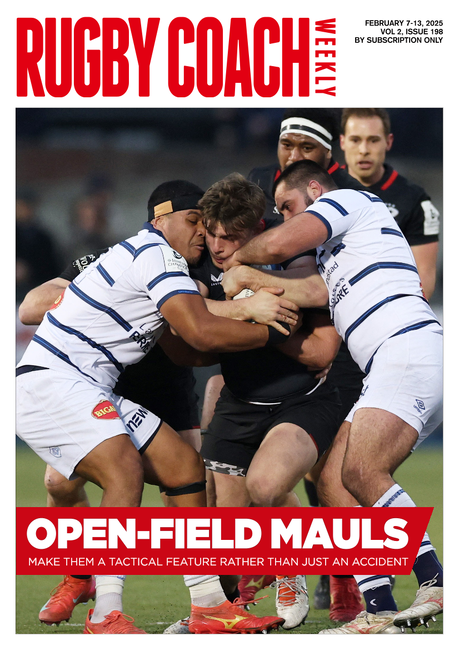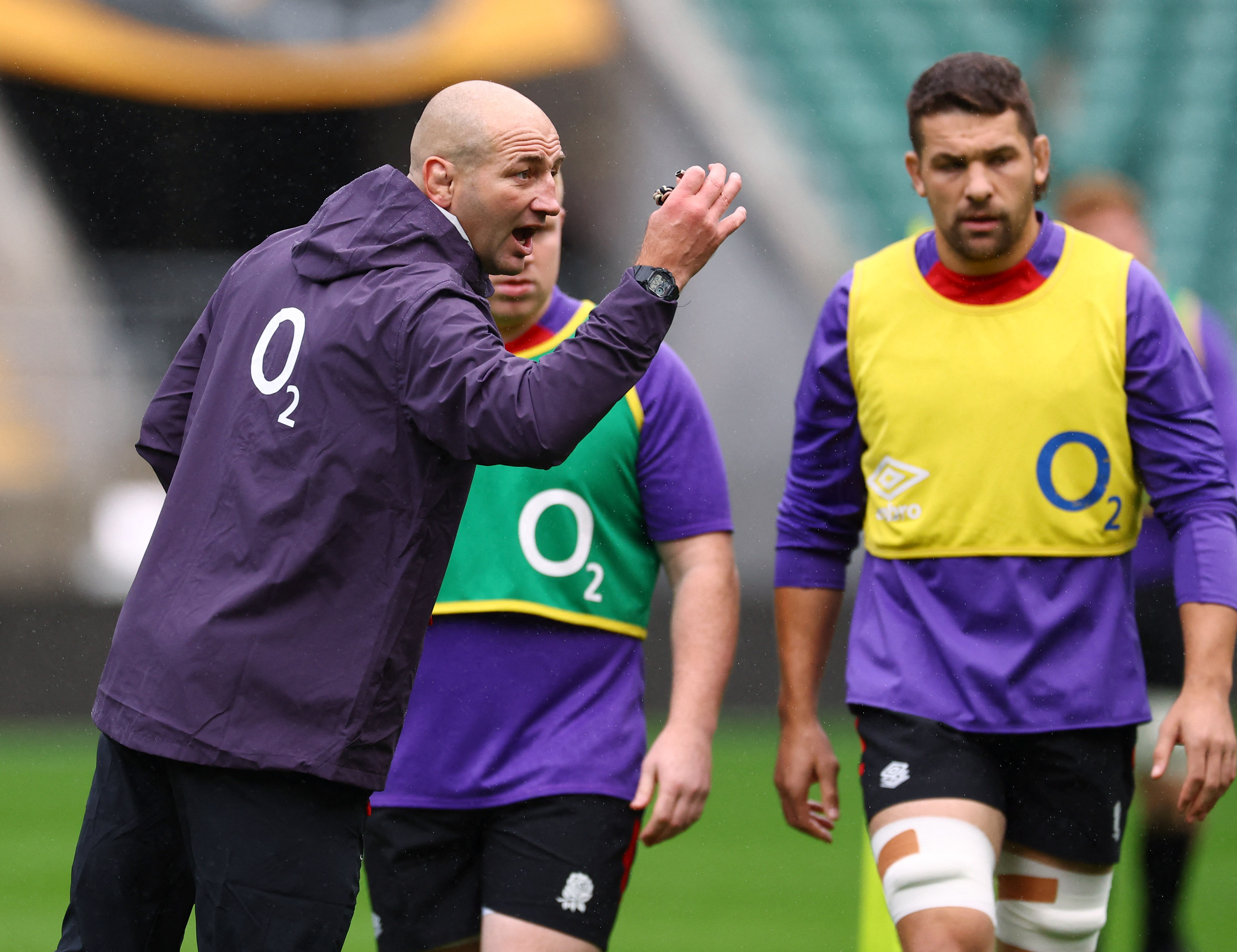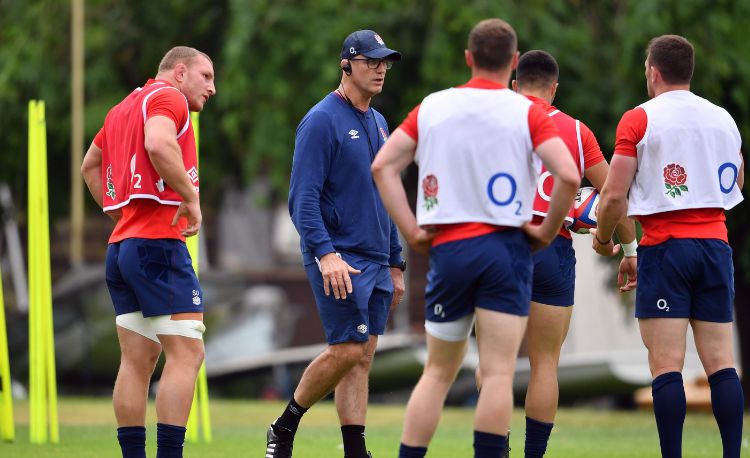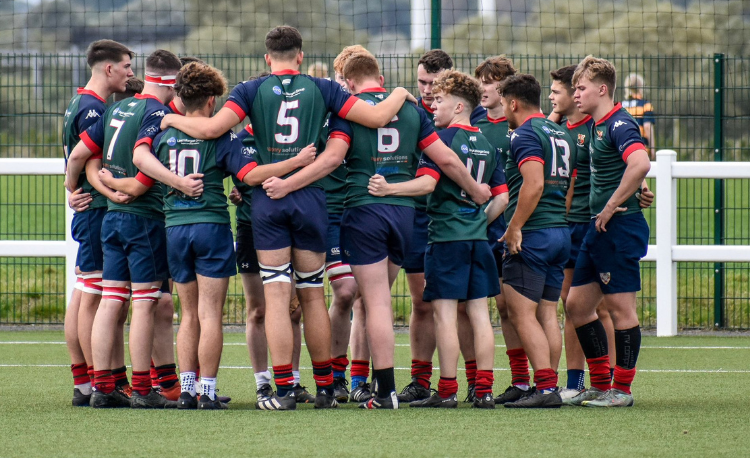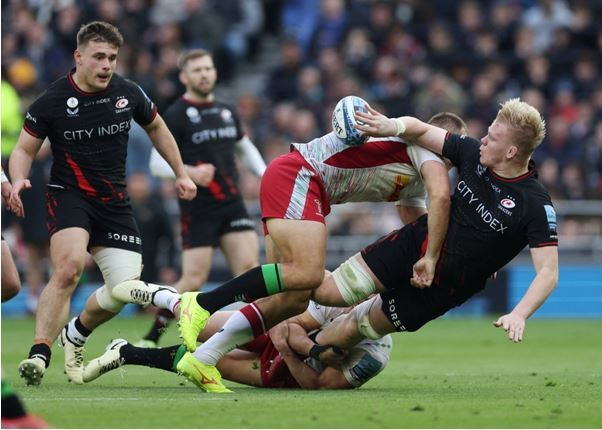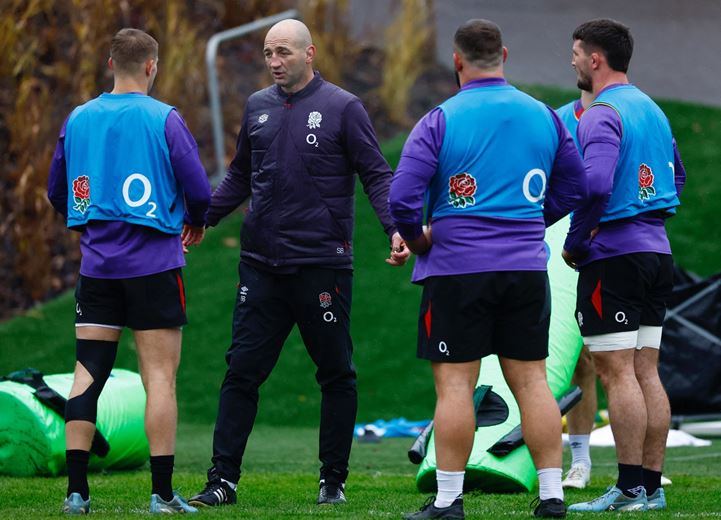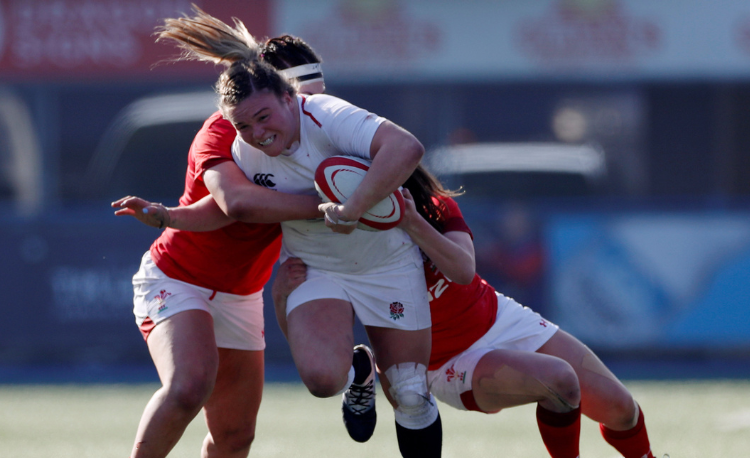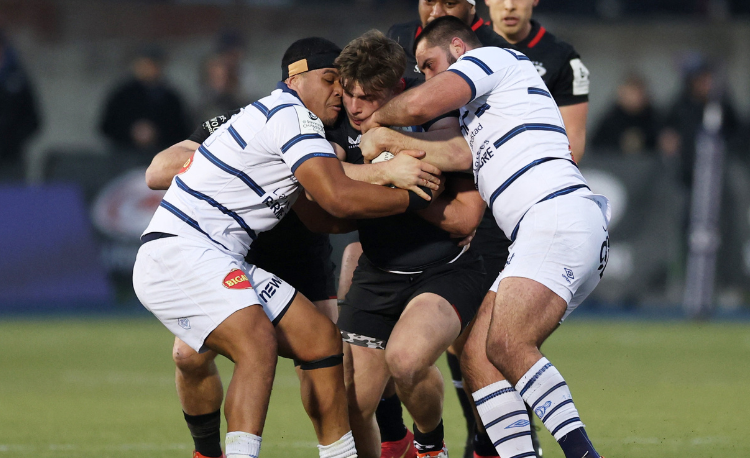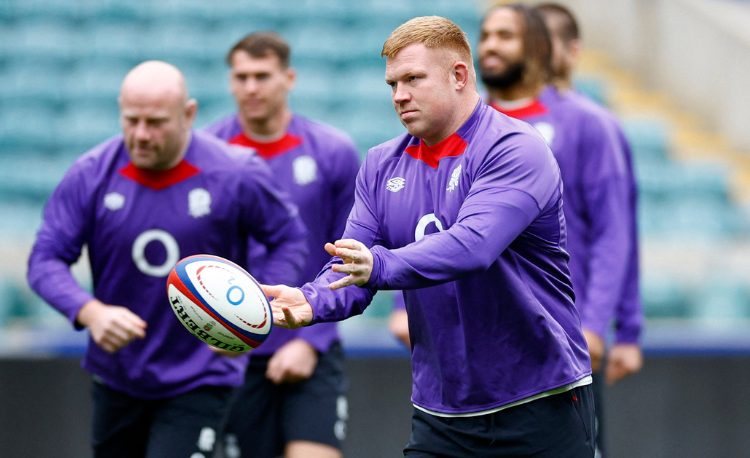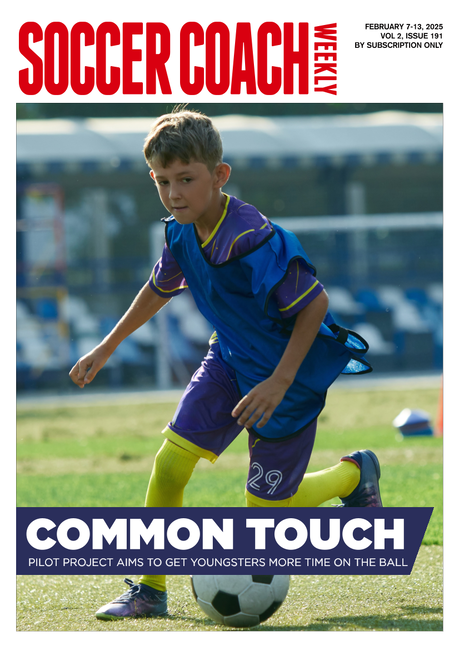10 ways to make a difference on match days
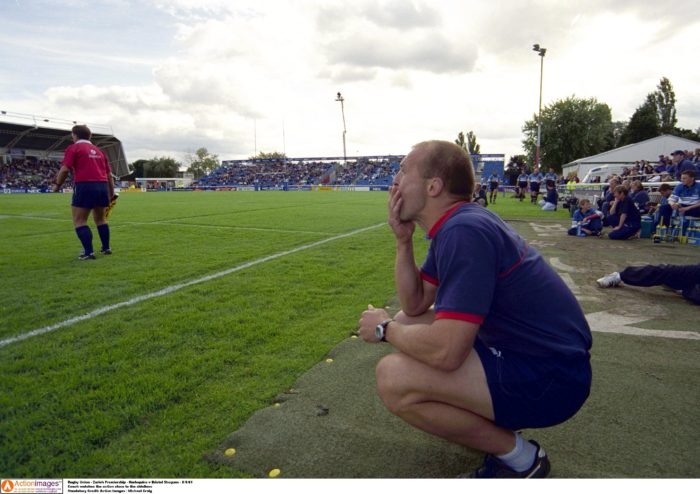
Few rugby coaches take as much care during the vital minutes of the match as they do with the pre-match preparation. Follow these simple tips to make a difference once the game is underway.
DON'T micro-manage the game
As a rugby coach with your experience and ability, it is easy to talk particular players through every move. This is potentially destructive because it stifles their instinct for the game, or their innate rugby skills (which may even exceed the coach's). Positive encouragement will give players confidence. Psychologists tell us that it is better to say "hit the target" than "don’t miss".
DO find the right moment
Information needs to be given when players are most receptive, i.e. when they can concentrate on what you are saying. That is not in the middle of a play or even within 30 seconds of the half time break.
DON’T get distracted away from the game
Talk to spectators and the other coaches afterwards. Your players need your full attention. Create a bubble for you and your team. Make sure at half time the bubble continues. Youth rugby teams suffer the most from a babble of comment from parents, confusing the main message you want to deliver. Your team needs to avoid conflicting messages.
DO remember to play for today
Focusing on future aims and skills to develop during the game adversely affects players' concentration.
DO break the game down into chunks
Do this with achievable targets, for example, no points/goals against for the next ten minutes, even when at half time you are well ahead.
DO watch first, worry later
Keep your emotions under control – panic, anger, frustration and fear are all mind killers. Players depend on the coach to be the coolest head on the pitch. Observing from as many different watching angles as possible will enhance your perspective on the game. For example, the shape of a team is more discernible from a distance, speed easier to gauge from the side and physical fitness more apparent when standing close up.
DON'T argue with the referee
It distracts the players and draws attention to the possible shortcomings of one person rather than the game in hand. It is also unlikely to have a positive influence on the outcome of the game and is not in the spirit of the game anyway. Referees and umpires of all levels and abilities will rarely change a decision once it’s been made and it may even turn them against you.
DO create and refer to a checklist
When the game starts, as a coach you should be able to read effectively the opposition's strengths and weaknesses and alter your strategy accordingly. Use a simple checklist with the tactic you will apply to counter strengths or exploit weaknesses. For instance, identifying their best player may change the way they are marked, or noting whether that player is left or right sided.
DO make a difference
When the whistle blows for the start of the match, it also starts a concentrated period of thought, action and reaction for the coach. Having spent the days, weeks, months before preparing a team for this moment, the coach needs to be prepared, mentally and emotionally. Whether you can find glory in defeat, humility in victory, can you say you really made a difference on the day?
Newsletter Sign Up
Coaches Testimonials

Gerald Kearney, Downtown Las Vegas Soccer Club

Paul Butler, Florida, USA

Rick Shields, Springboro, USA

Tony Green, Pierrefonds Titans, Quebec, Canada
Subscribe Today
Be a more effective, more successful rugby coach
In a recent survey 89% of subscribers said Rugby Coach Weekly makes them more confident, 91% said Rugby Coach Weekly makes them a more effective coach and 93% said Rugby Coach Weekly makes them more inspired.
Get Weekly Inspiration
All the latest techniques and approaches
Rugby Coach Weekly offers proven and easy to use rugby drills, coaching sessions, practice plans, small-sided games, warm-ups, training tips and advice.
We've been at the cutting edge of rugby coaching since we launched in 2005, creating resources for the grassroots youth coach, following best practice from around the world and insights from the professional game.


